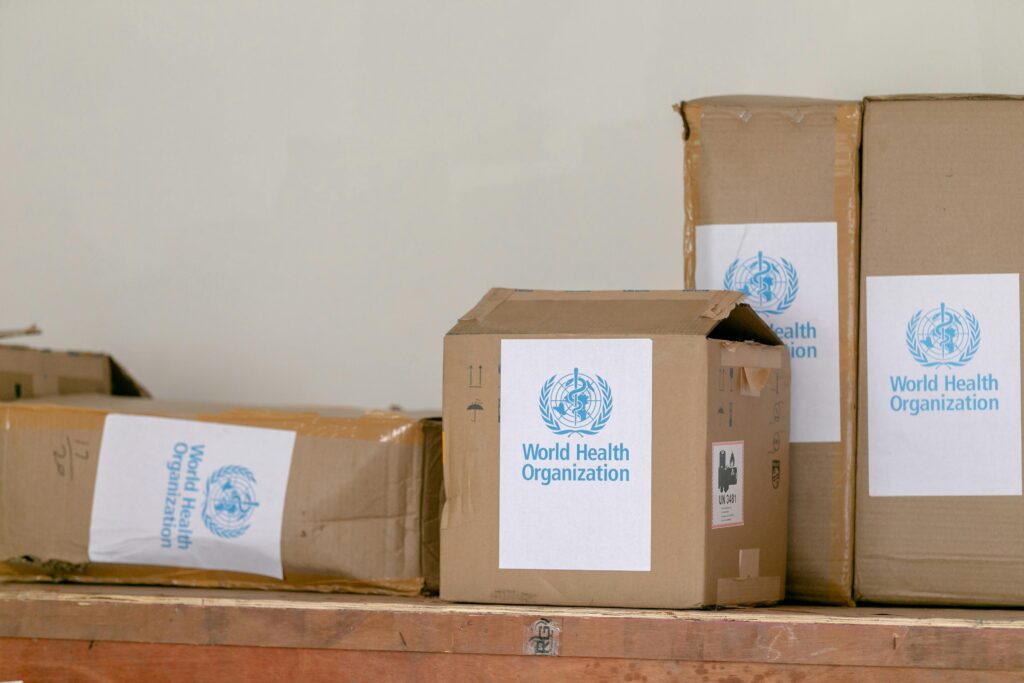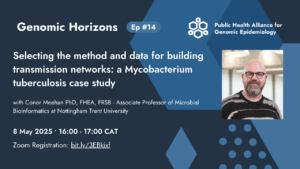
As we commemorate the 75th year of the World Health Organization (WHO) and observe World Health Day, it’s imperative to reflect on the challenges and triumphs that shape global health. In a world where the right to health is increasingly under threat, the WHO continues to stand as a beacon of hope, advocating for the well-being of millions worldwide.
From diseases to disasters, conflicts to climate crises, the spectrum of challenges facing global health is vast and multifaceted. Millions endure the burden of illness and disability, while conflicts ravage lives, leaving behind a trail of death, suffering, and despair. The burning of fossil fuels not only exacerbates the climate crisis but also robs individuals of their right to breathe clean air, with air pollution claiming a life every 5 seconds, a staggering statistic that demands urgent action.
Despite progress, significant disparities persist. The WHO Council on the Economics of Health for All has highlighted that while 140 countries recognise health as a fundamental human right in their constitutions, many fail to enact and enforce laws that guarantee access to essential health services. Shockingly, over half of the world’s population, approximately 4.5 billion people, lack full coverage of these vital services, underscoring the urgent need for collective action.
In response to these pressing challenges, the theme for World Health Day 2024 is ‘My health, my right.’ This poignant theme underscores the universal entitlement of every individual to access quality health services, education, information, clean water, nutritious food, safe housing, equitable working conditions, and discrimination-free environments. It’s a clarion call for solidarity and empowerment, emphasizing the fundamental principle that health is not a privilege but a basic human right.
Amidst these efforts, PHA4GE is making significant strides in advancing global health through their commitment to ‘one health’ principles. By integrating genomic data and epidemiological insights, they are enhancing our understanding of disease transmission, empowering communities, and strengthening public health responses worldwide.
As we celebrate the 75th anniversary of the WHO and commemorate World Health Day, let us reaffirm our collective resolve to prioritize health equity, promote access to essential services, and champion the right to health for all. Together, we can build a healthier, more resilient world where every individual has the opportunity to thrive, irrespective of their circumstances. In the words of the WHO Director-General, Dr. Tedros Adhanom Ghebreyesus, “Health is a human right, not a privilege.”
Zenande Mgijima



